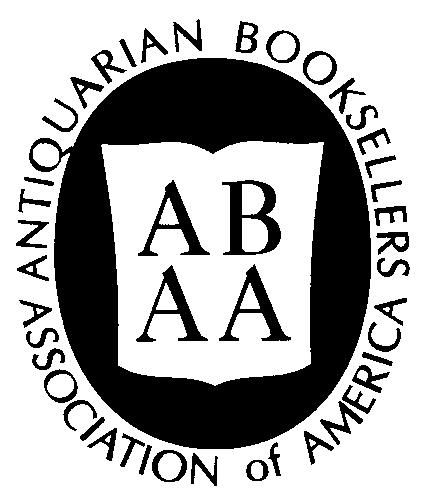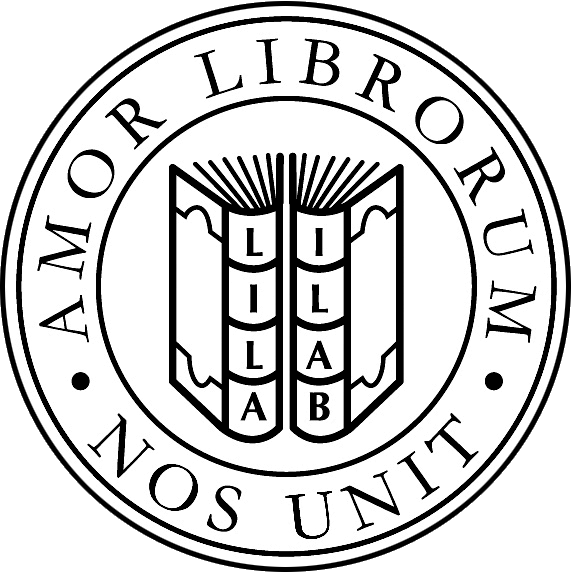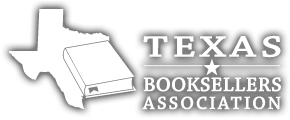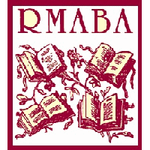Dealer in Rare and First-Edition Books: Western Americana; Mystery, Detective, and Espionage Fiction
The New World Looks At It's History
LEWIS, ARCHIBALD R. & THOMAS F. McGANN-Editors
Other works by LEWIS, ARCHIBALD R. & THOMAS F. McGANN-EditorsPublication: University of Texas Press, 1963, Austin
First Edition. Boards. ix, 220pp. Fold-out Map. Various historians from throughout the world attended the Second International Congress of Historians of the United States and Mexico in Austin, Texas in 1958. The primary focus was the examination of the many problems that confront historians in their study of American history. This work chronicles the various subjects and commentary of it's participants. The papers were grouped into five parts. The first papers, presented by archeologists, dealt with the pre-Columbian culture in the United States Southwest. The second were papers by historians interested in Iberian culture. Here the stress was Spain as a melting pot of peoples as well as the Castilian as a plainsman. The third papers were given to the Anglo-American frontier. A combination of favorable factors such as easy terrain, continuous discovery of riches, adequate rainfall, together with the political and economic backgrounds of the settlers themselves, caused the American frontier to be especially blessed. The open range of old days in Texas and the present-day Texas ranch, so well described by Dykes, may be considered as by-products of the clash of the Anglo-American and Mexican ranching frontiers. The fourth group of papers deal with the Turner thesis and also with Webb’s The Great Frontier. In the last part of the book, Professors Villoro and O’Gorman gave the Mexican perspective of the historian’s tasks. A book of this sort is always worthwhile. It will long be valuable to students interested in historiography. Ray Allen Billington and Jeff Dykes are among the contributors. Previous owners name on front free-endpaper, else a fine copy in near fine dust jacket. Review copy with card from the University of Texas Press laid-in.
Inventory Number: 50800










